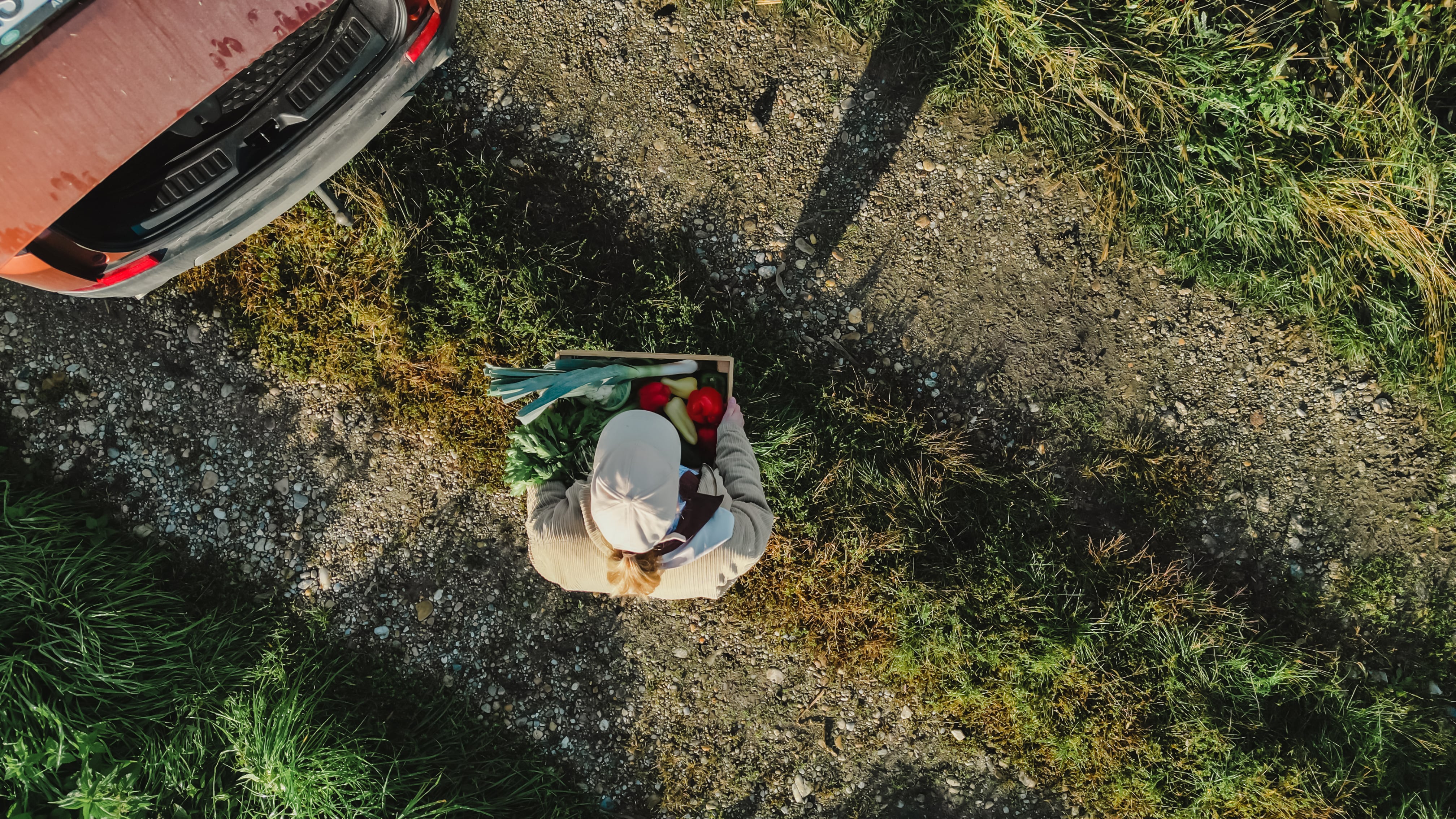Japan’s Yamaha Motor has announced the launch of Yamaha Agriculture, a new company focused on delivering autonomous equipment and AI-powered digital solutions that help growers in the specialty crop market become more sustainable, profitable and resilient in the face of scarcer resources and climate change.
Through the strategic acquisitions of New Zealand-based agricultural automation company Robotics Plus and Australian AI specialist the Yield, Yamaha Agriculture will provide robotics solutions for spraying, weeding and other field operations while leveraging advanced data analytics and AI to enable precision farming and data-driven decision making for growers of wine grapes, apples and other specialty crops in North America, Australia and New Zealand.
Autonomous tech joins forces with data-driven decision making
Robotics Plus provides an autonomous hybrid vehicles capable of multiple activities including spraying and weed control. The Yield, meanwhile, brings advanced data analytics and AI-powered models to deliver yield predictions and optimise on and off-farm operations.
Yamaha hopes it can leverage its long heritage as a trusted manufacturer of high-performance products in order that the new agriculture business will scale these two innovative solutions with a focus on quality, reliability and safety.
It says these complementary technologies will be integrated to create a comprehensive platform that enables precision farming for growers. “By combining autonomous equipment with intelligent data insights, Yamaha Agriculture helps growers reduce input costs, optimise resource utilisation and improve overall farm productivity and sustainability,” the new company states.
The benefits of precision agriculture for growers
Explaining the reasons for the launch of the new company, group CEO Yamaha Agriculture Nolan Paul tells AgTechNavigator: “Labour shortage is the biggest pain point for most specialty crop growers. It is becoming an existential crisis for them and automation solutions are a necessity.”
“Once autonomous machines are deployed on the farm, they provide the opportunity to collect passive data and, through AI, deliver actionable insights to the grower. For Yamaha, this is about providing information to growers so they can manage their activities at the sub block level, principally for variable rate applications.”
Specifically, Yamaha Agriculture is aiming to improve specialty crop production via ‘Prospr’ – the autonomous hybrid vehicle developed by Robotics Plus. Paul says this alleviates labour pressures for growers and improves the work environment for the operator by removing them from the cab, allowing them to avoid dangerous situations like pesticide exposure or rollovers. “Transitioning to precision farming allows growers to manage their plant level variability, which translates to better year-over-year quality and yields with more efficient use of resources,” he says.

Aiming for a modern approach to agricultural innovation
Yamaha cites recent research revealing a “decisive” shift toward automation, robotics and digital adoption across the agricultural sector. As stated in a Washington Tree Fruit Research Commission report, growers believe that automation could support many functions of their operations, including harvesting and sorting (76%), autonomous spraying and fertilising (52%) and both crop load and yield forecasting (29%).
A large majority – 86% of respondents – say digital technologies like software and robotics have already, or will in the next 5-10 years, drastically change agriculture as we know it.
In addition, specialty crops require a higher reliance on labour than row crops. According to the USDA, specialty crops have the highest labour costs across farm types. So much so that specialty crop growers are now spending an average of US$500,000 a year on automation in response to the persistent ag labour shortage, according to the 2022 Western Growers Specialty Crop Automation Report.
Nearly 40 years of agricultural automation innovation
Yamaha Motor also has plenty of experience in the agricultural space to build on already. Its journey in agricultural automation began nearly 40 years ago with the development of unmanned helicopter technology, making it possible to reach terrain inaccessible to conventional tractors and ground equipment.
In Japan’s challenging rice paddy fields, for example, more than 2,200 units now cover 800,000 hectares annually. Beyond rice fields, these versatile machines are also used globally for applications such as managing wine grapes, invasive weeds, tree fruit and sugar cane.
The company says the establishment of Yamaha Agriculture is a natural evolution of this pioneering work in automating challenging environments.
The agricultural sector is experiencing a remarkable technological inflection point, it says, with industry leaders enthusiastically embracing digital transformation through autonomous systems, robotics and intelligent systems, including AI-powered precision analytics. Yamaha Agriculture is therefore launching at a pivotal moment, the company proclaims, and is well-positioned to support the industry’s strong appetite for innovative agtech solutions that combine advanced automation with powerful data-driven insights.
Elaborating on the crossovers between agriculture and the automobile industry, Paul explains: “Automation has been in agriculture for a long time, in different degrees depending on the crop.
“For Yamaha, it wasn’t about automation and pointing it at an industry that needed it. It was a methodical process that took several years. Our venture group identified agriculture as a potential market for Yamaha back in 2016 and they continually iterated on their thesis based on their investments and partnerships.
“Certainly, our capabilities in robotics, mobility and automation played a big role in us choosing specialty crop agriculture as our target market. But honestly it was also about the people we interacted with in the industry.
“Agriculture is the quintessential ‘handshake’ industry. Partnerships last a lifetime. Your word is your bond. Trust and integrity are everything. That resonates with Yamaha and our values. These are the type of people we want to work with.”
What about the challenges in automation and AI?
Sometimes, however, tech solutions can be met with resistance in this quintessential ‘handshake’ industry. Challenges include slow farmer adoption, high costs and unclear ROI and lack of awareness about how to access and use this technology. How is Yamaha going to avoid the mistake of launching ‘tech for tech’s sake’?
There is no silver bullet for accelerating technology adoption, Paul says. “Probably the most important factor is a high-quality commercial team, locally hired from industry, who understands the specific crops and management practices of the customer. Building out this team in the US will be a priority focus for Yamaha Ag this year.”
He agrees there’s a need for solutions that can easily integrate into existing farmer operations.
“The customer needs to be at the center of everything we do. They are at the center of our mission statement. They are at the center of our product development strategy. We even bought an orchard to step into the shoes of our customer. If we don’t build solutions that deliver substantial value to our customers, we only have ourselves to blame.”
A blow for other start-ups?
As for Yamaha Motor Ventures – the global venture arm that invests in early-stage agtech and healthtech start-ups – Nolan, who remains a partner, says there’s no conflict of interest or risk of cannibalisation.
“Yamaha will still continue to invest in agtech startups where the opportunity is strategically aligned to a business strategy,” he says.



